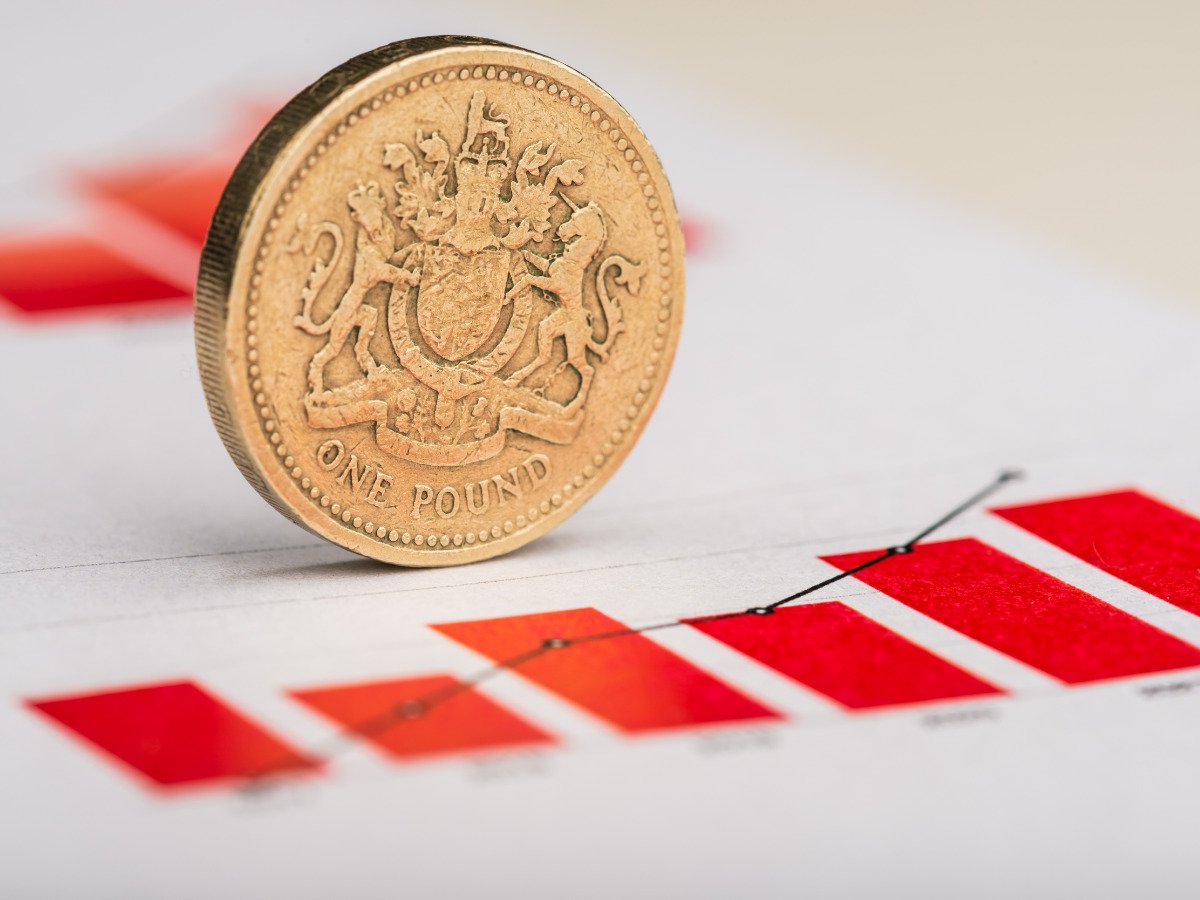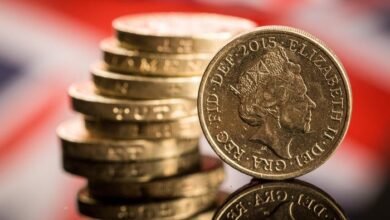Pound Sterling Slides As BoE Meeting Could Bring A Dovish Tone


European markets are off to a weak start on Monday after a heavy sell off last week. The FTSE opened higher but has dropped back to last week’s low with a decline of –0.35%, while DAX gave up a +0.5% rally to trade back in the red. Last week’s falls were partly driven by the EU elections and the surprise announcement of a snap election in France. This has led to a significant divergence from the rally in the US which saw the S&P500 propelled to new all-time highs following the CPI release.
Currency markets have been more stable and the US dollar managed a small gain last week despite the sharp drop following the CPI release. EURUSD remains in the 1.07 area and GBPUSD trades at 1.265. EURGBP has recovered slightly from last week’s drop below 0.84 and is trading at 0.845. Obviously, the political uncertainty has longer to run as the French election won’t be resolved until mid-July, and this means rallies may fade again. However, the pound also has uncertainty as the BoE’s June meeting is up later this week. Traders could be concerned over a dovish shift and signals of a rate cut over the summer.
Pound Slides Ahead of the BoE Meeting
EURGBP made a new 2024 low of 0.8397 on Friday, an exchange rate last traded in August 2022. There has since been a small reversal and EURGBP has trade back to 0.85, partly as traders may view the euro fall as overdone, and partly as sterling traders could be nervous about the upcoming BoE meeting. This is very unlikely to announce any major policy changes, but it is widely thought the bank may use the meeting to pave the way for a cut in the summer, perhaps in August.
Any firm signals could drop the pound as hawks may have underestimated how close the bank are to easing. The last CPI release out of the UK encouraged the view that cuts are unlikely any time soon, but fresh data is due out on Wednesday and the y/y figure is expected to drop from 2.3% to 2.0%, while core CPI is expected to drop from 3.9% to 3.5%. This may embolden the BoE to be more dovish and make some important tweaks to the statement. The voting pattern may also shift slightly to the dovish side. If it were not for the election in July, the BoE may have even cut sooner.
Other Central Bank Action
As well as the BoE, several other major central banks are due to meet this week. The RBA is up on Tuesday and is very likely to strike a hawkish tone and no cuts are expected this year. Whether this will support the weak Australian Dollar is another matter, however.
The Swiss National Bank is on the other side of the fence and may cut again for the second time this year. This may be needed to weaken the Swiss Franc which has made large gains against the euro in the wake of the EU elections. As ING note,
“Its strength means that market expectations for this Thursday’s Swiss National bank meeting – which were at 50-50 for another cut – have now swung to 73% in favour of a cut. The assumption here is that the SNB needs to follow through with another cut or else EUR/CHF could fall even more sharply.”
The SNB may want to push back against this assumption, though, as inflation is still a problem and back top back cuts are perhaps too dovish.
Source link






